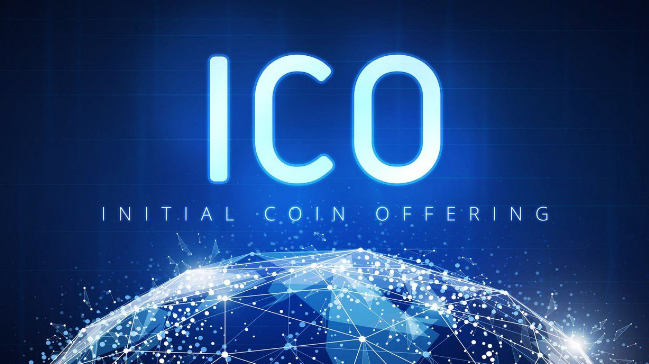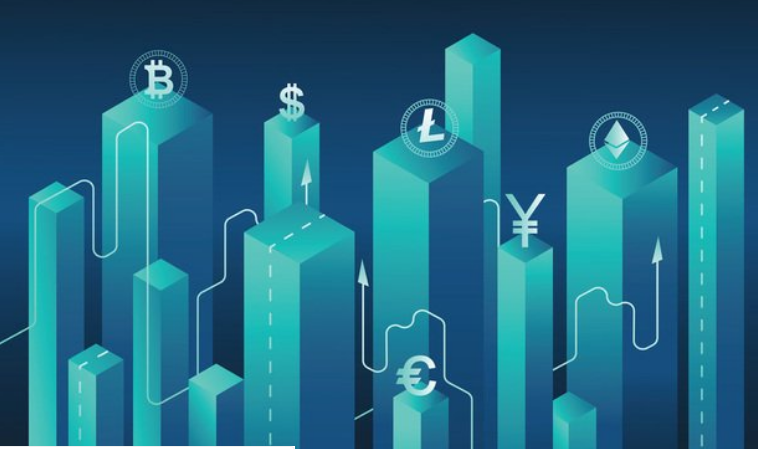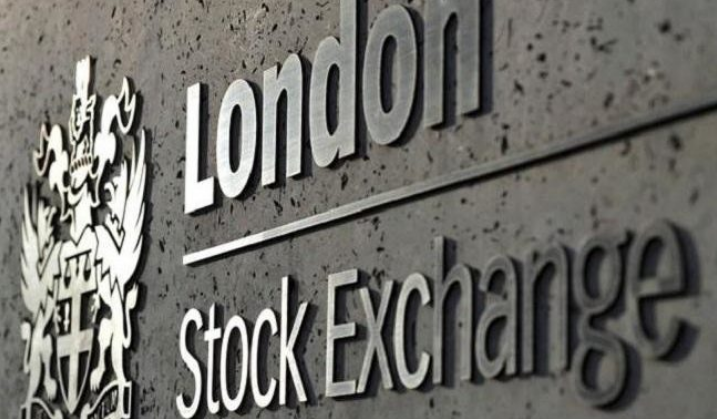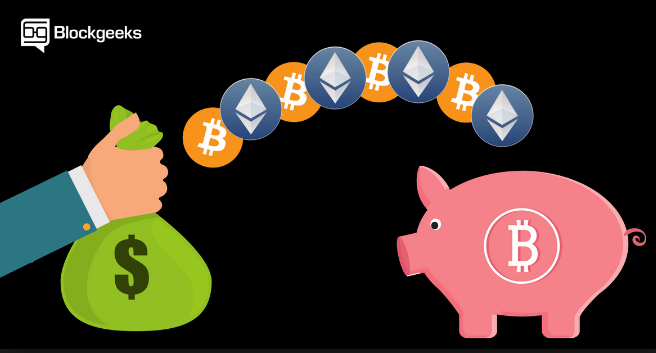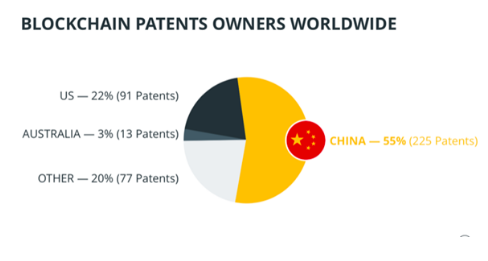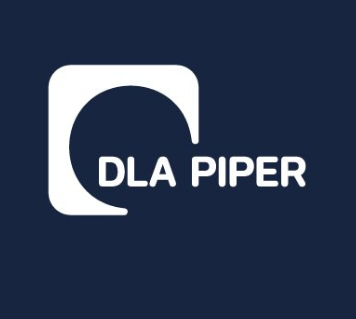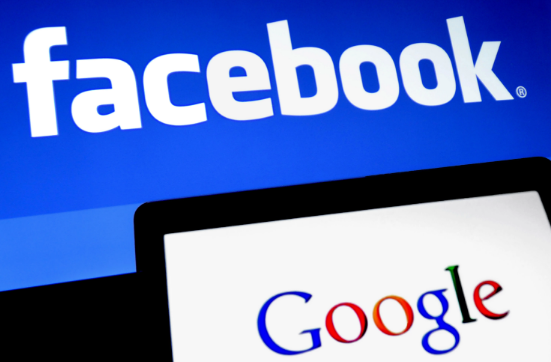 Facebook with $44+ Billion in cash, having bought back over $10 Billion of its shares in 2018, will not want to keep getting fined. It has just been fined in the US, for over $3 Billion, which is more money than the value of the UK’s Royal Mail, an FTSE 100 company.
Facebook with $44+ Billion in cash, having bought back over $10 Billion of its shares in 2018, will not want to keep getting fined. It has just been fined in the US, for over $3 Billion, which is more money than the value of the UK’s Royal Mail, an FTSE 100 company.
Google has $102+ Billion in cash, and despite having bought back $8.6 Billion worth of its shares, may look to increase the amount it buys back- a further $15 Billion of its shares. Unfortunately, Google, like Facebook, has also been on the receiving end of European regulators’ wrath, being fined $5 Billion in 2018, and then a further $1.49 Billion so far in 2019.
While both these companies have the cash flow to pay for these fines (and some argue these penalties are simply the price for them doing business long term), one suspects this is not a sustainable model. So how long will it be before they are forced to look at new markets to dominate?
Google and Facebook can afford to employ some of the smartest brains on the planet and, with piles of cash and increasing pressure from shareholders and regulators, both firms have increasingly been active in the Blockchain sector. Blockchain technology potentially offers both these organisations the opportunity to create their own “payment token” and so by-pass the banks, cut costs and speed up payments for the millions of firms that advertise with them. Advertising makes up the majority of Facebook’s and Google’s profits, and with Facebook’s 2 million and Google’s 4 million advertisers, they have a captive market to approach.
Google has been investing in Blockchain technology for a while and, in 2018, announced it was building its own Blockchain. Interestingly, at Facebook’s F8 conference recently, the CEO Mark Zuckerberg, spoke a lot about privacy which is a challenge for a business that has been built on sharing data and monetising this information for its corporate benefit. In 2012, Facebook had to address the challenge of becoming more focused on mobile users, which it successfully did. So, are we now going to see Facebook move from being reliant on 2 Weekly Blockchain and Digital Assets Analysis by TeamBlockchain Ltd. advertising revenue, which in 2017 was 89% of its $40 Billion of income, to target e-commerce?
Such a shift in business is not new - just look at the tremendous success WeChat and AliBaba, in Asia, have had in the financial services sector. Zuckerberg has often spoken about how technology ought to be used for “good”- well, if he can use Facebook’s cash pile and global 2.7 Billion users and tackle the challenge of the “unbanked”, it may show capitalists’ more caring side! Alternatively, is it an example of Facebook using decentralized technology to exploit the financially “un-sophisticated”, and make even more money for its shareholders?
Facebook, according to the Wall Street Journal, is talking to financial firms and online merchants, and other reports claim it has been in discussions with Visa and Mastercard as it gears up to launch its own Cryptocurrency. Potentially Facebook’s Crypto could slash the current 2%-3% merchant fees and reward you tokens based on your Facebook activity i.e. number of likes, shares, followers you have and the number of adverts you look at.
Privacy and security of data are key...
Google has $102+ Billion in cash, and despite having bought back $8.6 Billion worth of its shares, may look to increase the amount it buys back- a further $15 Billion of its shares. Unfortunately, Google, like Facebook, has also been on the receiving end of European regulators’ wrath, being fined $5 Billion in 2018, and then a further $1.49 Billion so far in 2019.
While both these companies have the cash flow to pay for these fines (and some argue these penalties are simply the price for them doing business long term), one suspects this is not a sustainable model. So how long will it be before they are forced to look at new markets to dominate?
Google and Facebook can afford to employ some of the smartest brains on the planet and, with piles of cash and increasing pressure from shareholders and regulators, both firms have increasingly been active in the Blockchain sector. Blockchain technology potentially offers both these organisations the opportunity to create their own “payment token” and so by-pass the banks, cut costs and speed up payments for the millions of firms that advertise with them. Advertising makes up the majority of Facebook’s and Google’s profits, and with Facebook’s 2 million and Google’s 4 million advertisers, they have a captive market to approach.
Google has been investing in Blockchain technology for a while and, in 2018, announced it was building its own Blockchain. Interestingly, at Facebook’s F8 conference recently, the CEO Mark Zuckerberg, spoke a lot about privacy which is a challenge for a business that has been built on sharing data and monetising this information for its corporate benefit. In 2012, Facebook had to address the challenge of becoming more focused on mobile users, which it successfully did. So, are we now going to see Facebook move from being reliant on 2 Weekly Blockchain and Digital Assets Analysis by TeamBlockchain Ltd. advertising revenue, which in 2017 was 89% of its $40 Billion of income, to target e-commerce?
Such a shift in business is not new - just look at the tremendous success WeChat and AliBaba, in Asia, have had in the financial services sector. Zuckerberg has often spoken about how technology ought to be used for “good”- well, if he can use Facebook’s cash pile and global 2.7 Billion users and tackle the challenge of the “unbanked”, it may show capitalists’ more caring side! Alternatively, is it an example of Facebook using decentralized technology to exploit the financially “un-sophisticated”, and make even more money for its shareholders?
Facebook, according to the Wall Street Journal, is talking to financial firms and online merchants, and other reports claim it has been in discussions with Visa and Mastercard as it gears up to launch its own Cryptocurrency. Potentially Facebook’s Crypto could slash the current 2%-3% merchant fees and reward you tokens based on your Facebook activity i.e. number of likes, shares, followers you have and the number of adverts you look at.
Privacy and security of data are key for Facebook and Google, as is having greater transparency, to minimise “Fake news” and to ensure that neither firm is exploiting their dominant position, especially given the continued growth of digital online marketing.
Blockchain technology is able to help improve security and offer additional transparency, and given Google’s and Facebook’s financial and technical prowess, how quickly will they be able to dominate e-commerce using cryptocurrencies, by offering an alternative to $, Yen Euros and £?
 Jaguar Land Rover (Jag) has been actively investing in various businesses involved with AI and Blockchain technology for a while as it looks at how its vehicles are going to be more digital, and potentially driverless.
Jaguar Land Rover (Jag) has been actively investing in various businesses involved with AI and Blockchain technology for a while as it looks at how its vehicles are going to be more digital, and potentially driverless.



